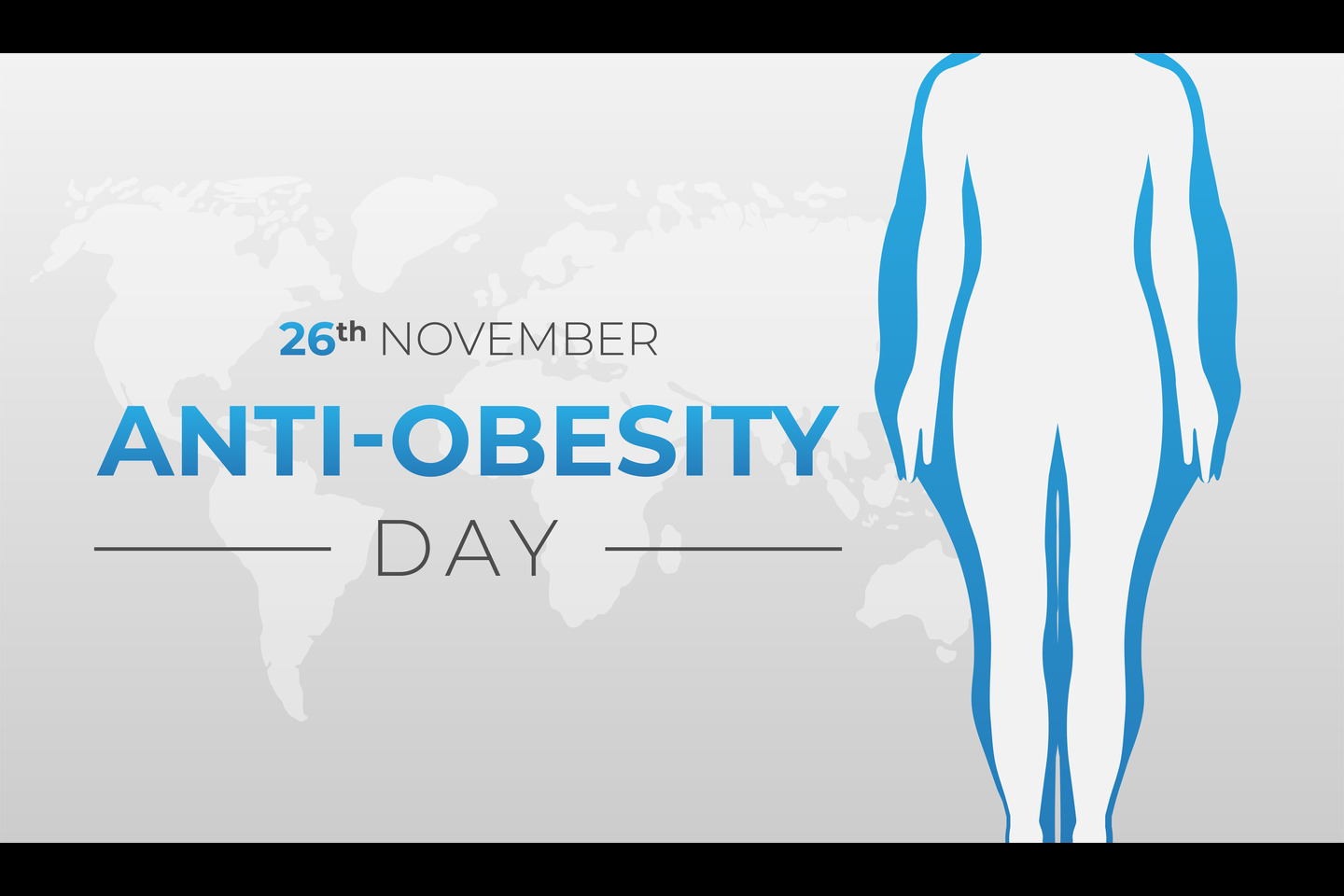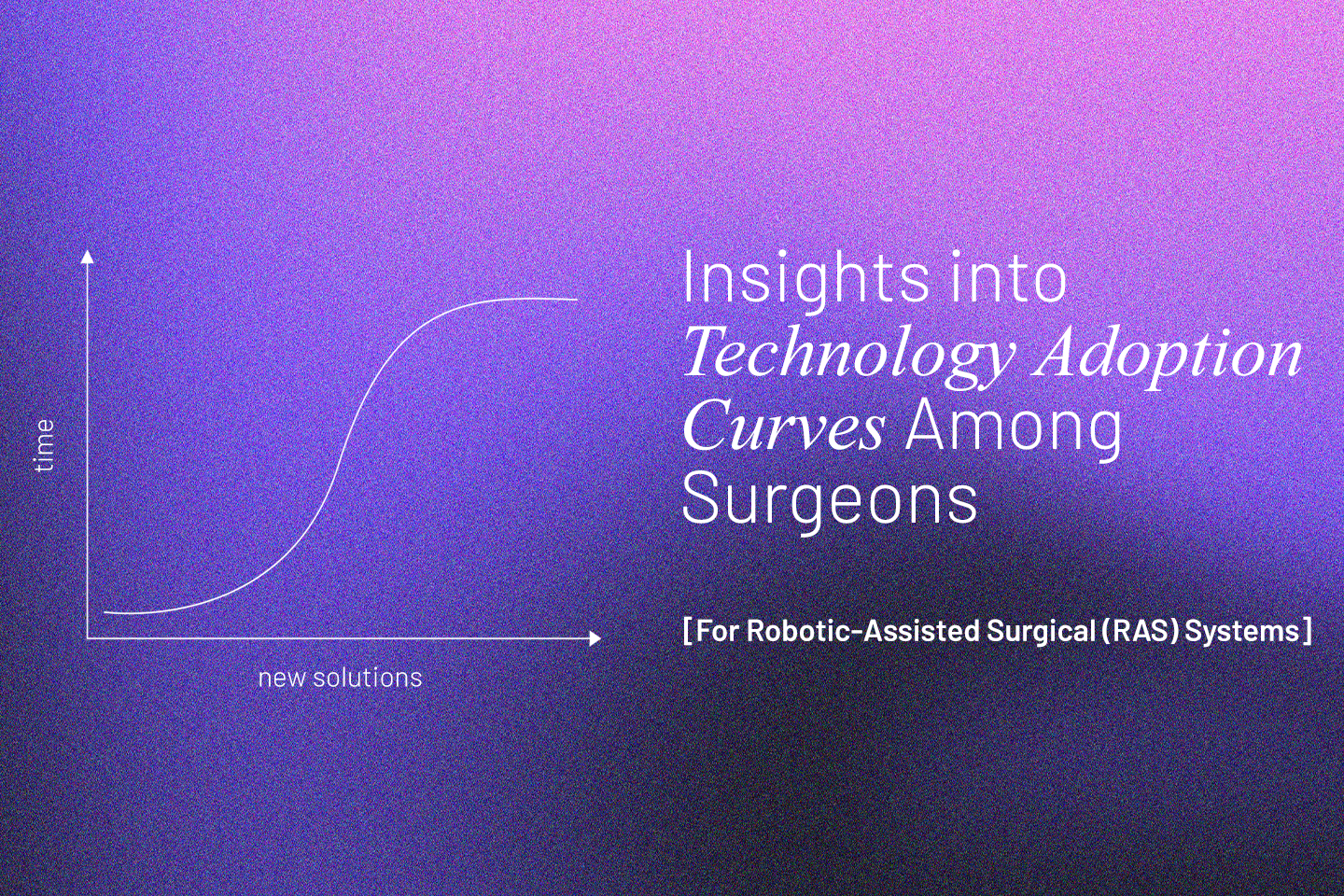Medical Devices
Anti-Obesity Day: How Bariatric Surgery Can Help Combat Severe Obesity

Every year, Anti-Obesity Day brings attention to the rising health issues caused by obesity, especially severe obesity, which impacts millions of people worldwide. Obesity isn't just about weight; it's a serious problem that may lead to complications like heart disease, diabetes, and joint problems. [1] While many people try to manage it with diet and exercise, these methods may not always be enough.
In such cases, bariatric surgery can offer a helpful solution. In this article, we will look at how bariatric surgery can help tackle severe obesity and improve overall health.
What is Severe Obesity?
Severe obesity, or morbid obesity, happens when someone has a very high amount of body fat. It's usually measured by a Body Mass Index (BMI) of 40 or more. If someone has a BMI of 35 or higher along with health issues related to their weight, it's also considered severe obesity. This disease is more than just being overweight. It does increase the risk of serious health issues like high blood pressure, type 2 diabetes, sleep apnea, and certain cancers.
People with severe obesity often struggle to lose weight with diet and exercise alone. The body may experience significant strain from excess weight, leading to discomfort and difficulty with daily activities. In cases like this, bariatric surgery can provide a new solution and offer hope for better health.
What Is Bariatric Surgery?
Bariatric surgery is a group of procedures that help people with severe obesity lose weight. It changes the digestive system in a way that limits how much food a person can eat or how the body absorbs food. This causes substantial weight loss over time, assisting patients in better managing their obesity.
Different Types of Bariatric Surgery
Bariatric surgery comes in various forms, each designed to assist with weight loss in different ways. These procedures aim to reduce the amount of food your stomach can hold or change how your body absorbs calories, leading to effective weight management.
One of the more common options is Gastric Bypass Surgery. This procedure creates a small pouch at the top of the stomach that is connected to the small intestine. This not only limits how much you can eat but also reduces the number of calories your body absorbs, promoting weight loss.[4]
Another popular choice is Sleeve Gastrectomy, where a large portion of the stomach is removed, leaving a small, sleeve-shaped section. This will reduce the amount of food you can eat and also affect the hormones that control hunger, often leading to reduced appetite. [5]
There's also Adjustable Gastric Banding, where a band is placed around the upper part of the stomach to create a small pouch. The band can be adjusted over time, allowing control over how much food you can eat, which helps with gradual weight loss.[6]
The type of surgery you choose depends on your health and what you want to achieve in the long run. Each option has its own benefits, and your doctor can help you pick the one that's right for you.
How Bariatric Surgery Works[7]
By physically changing the digestive tract, bariatric surgery limits food consumption and lowers calorie absorption. It also helps in resetting the body's hunger signals, leading to reduced appetite. After surgery, most patients feel fuller faster, which helps them eat less and gradually lose weight. Weight loss continues over time, as the body adjusts to the smaller portions and fewer calories.
Benefits of Bariatric Surgery for Severe Obesity[8]
Bariatric surgery offers a range of benefits for those struggling with severe obesity:
- Significant Weight Loss: The most obvious advantage of bariatric surgery is weight loss. Many patients lose significant amounts of weight within the first year of surgery, and this continues over time.
- Improved Health: Conditions including type 2 diabetes, high blood pressure, and sleep apnea that are linked to obesity can be improved or even cured with bariatric surgery. This leads to better overall health and a reduced risk of long-term complications.
- Better Mobility: Carrying extra weight can limit your ability to move comfortably. Many people find it easier to move, exercise, and carry out daily duties after undergoing bariatric surgery, which enhances their quality of life.
- Increased Energy: Weight loss leads to increased energy levels, allowing patients to engage more in physical activities and lead a more active lifestyle.
Who Should Consider Bariatric Surgery?[9]
Bariatric surgery is recommended for people who face challenges with severe obesity and have not found success with traditional weight-loss methods. It's not a one-size-fits-all solution, so a thorough check-up with your doctor is needed to figure out if it's the right choice for you.
Typically, patients with a BMI of 40 or more are considered candidates for bariatric surgery, as this level implies severe obesity. However, those with a BMI of 35 or above who also have serious weight-related health issues like type 2 diabetes or high blood pressure may also be suitable for the procedure[10].
For people who have tried to lose weight through diet, exercise, and other methods but haven't seen long-term success, bariatric surgery can offer a more permanent solution. It is also important to understand that this surgery is not a quick fix but a tool that requires ongoing commitment to lifestyle changes, including healthier eating habits and regular exercise, to achieve and maintain long-term results.
Risks and Considerations of Bariatric Surgery
Like any surgical procedure, bariatric surgery comes with risks and considerations. While it offers many benefits, it's important to understand the potential complications. Some of the risks include:
- Infection: Any surgery comes with a risk of infection, but this can be managed with proper care and regular medical follow-ups.
- Nutritional Deficiencies: Because bariatric surgery changes how your body absorbs food, some patients may experience vitamin or mineral deficiencies and will need to take supplements.
- Surgical Complications: Although rare, complications like blood clots or anaesthesia reactions can occur.
- Long-term Lifestyle Changes: Bariatric surgery requires a lifelong commitment to healthy eating and regular exercise.
It's important to discuss these risks with your doctor before deciding on surgery.
Mirus Powered Endoscopic Linear Cutter by Meril
The Mirus Powered Endoscopic Linear Cutter by Meril is an important tool used in bariatric surgery, helping doctors perform the procedure more smoothly. It allows for both cutting and stapling of tissues, which is essential when adjusting the stomach size to help with weight loss. This tool helps make the surgery less invasive, which can lead to quicker recovery for patients.
Conclusion
On Anti-Obesity Day, it's important to reflect on the growing impact of severe obesity and the tools available to combat it. Bariatric surgery offers hope to those who have struggled with weight loss and haven't had success with diet and exercise alone. By helping people achieve long-term weight loss, bariatric surgery reduces the risks of health problems linked to obesity and improves overall well-being. If you or someone you know is facing severe obesity, bariatric surgery might be a solution worth considering.
Reference:
1] https://www.niddk.nih.gov/health-information/weight-management/adult-overweight-obesity/health-risks#:~:text=Having%20overweight%20or%20obesity%20increases,the%20cells%20in%20your%20body.
[2] https://my.clevelandclinic.org/health/diseases/21989-class-iii-obesity-formerly-known-as-morbid-obesity
[3] https://www.mayoclinic.org/tests-procedures/bariatric-surgery/about/pac-20394258
[4] https://www.mayoclinic.org/tests-procedures/gastric-bypass-surgery/about/pac-20385189
[5] https://www.mayoclinic.org/tests-procedures/sleeve-gastrectomy/about/pac-20385183#:~:text=Sleeve%20gastrectomy%20is%20a%20surgical,called%20a%20vertical%20sleeve%20gastrectomy.
[6] https://www.hopkinsmedicine.org/health/treatment-tests-and-therapies/laparoscopic-adjustable-gastric-banding
[7] https://www.ncbi.nlm.nih.gov/pmc/articles/PMC4784979/
[8] https://pubmed.ncbi.nlm.nih.gov/32870301/
[9] https://www.mayoclinic.org/tests-procedures/bariatric-surgery/about/pac-20394258#:~:text=Who%20it's%20for,pressure%20or%20severe%20sleep%20apnea
[10] https://www.pennmedicine.org/for-patients-and-visitors/find-a-program-or-service/bariatric-surgery/who-is-a-candidate#:~:text=Body%20weight%20greater%20than%20100,sleep%20apnea%20and%20gallbladder%20disease.





